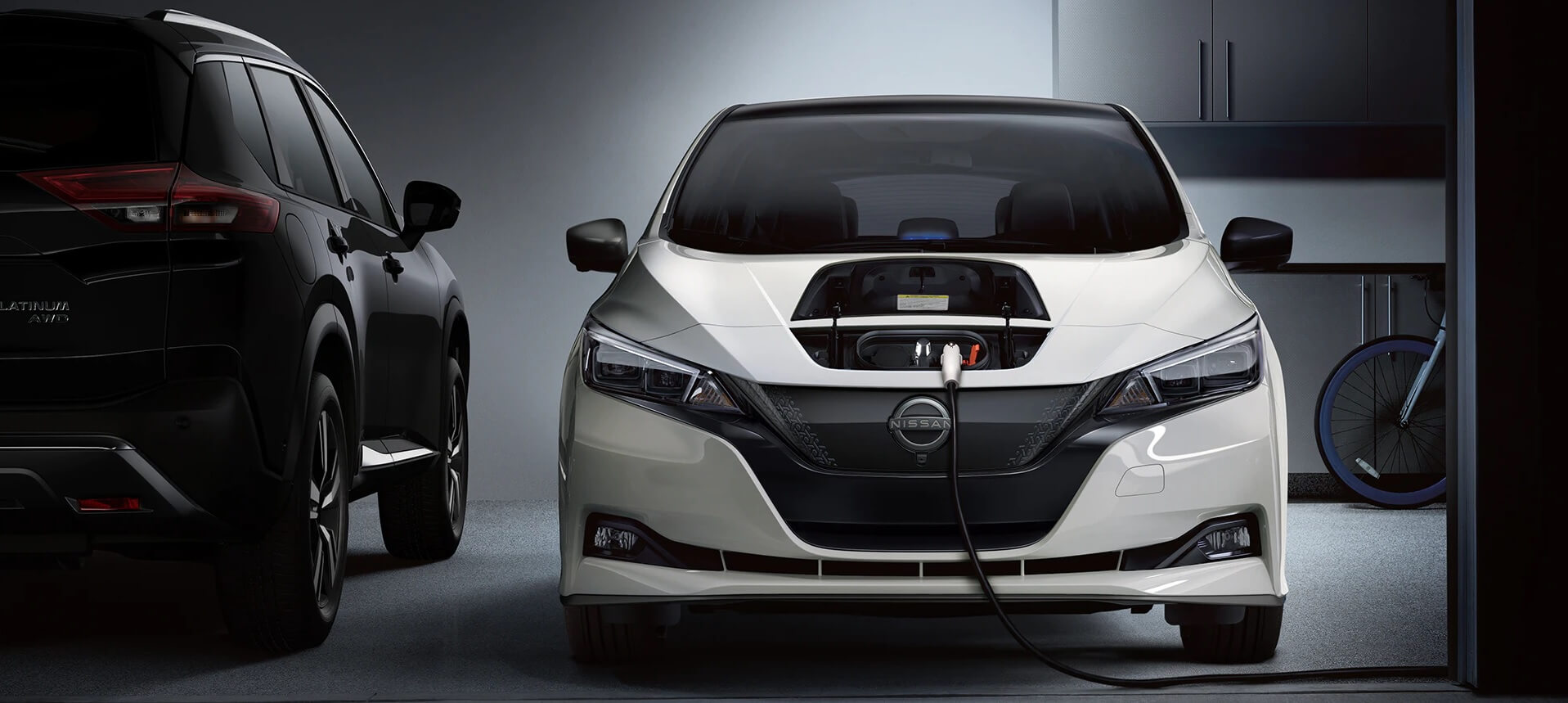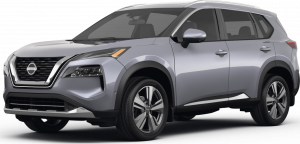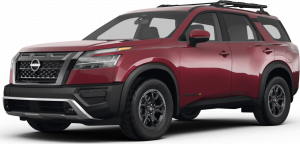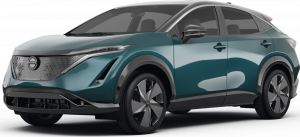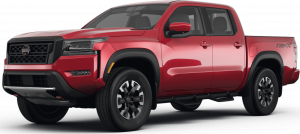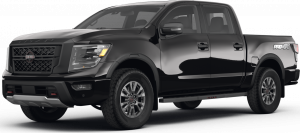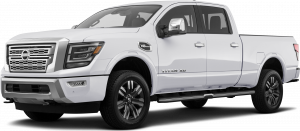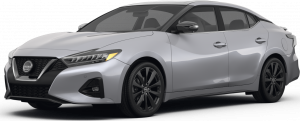New electric vehicles have grown in popularity and represent a vision of the future independent from gas-powered internal combustion engines. The Nissan Leaf is one of the market's lowest-priced and most reliable EVs, which battles on equal footing with supposed luxury sedans. How can the Leaf keep its value and still compete with higher-priced EVs? Check out what sets the Leaf apart from the competition.
Incredible Reliability And Functionality
Thanks to several consumer report surveys, the newest 2023 Nissan Leaf is currently rated in the top three most reliable electric vehicles. The 214 hp engine has smooth acceleration and performs well in most road conditions. Current ranges of the latest generation 60 kWh battery are upwards of 212 miles on a full charge. The baseline model has a 122-mile range on a 40 kWh battery with a smaller 147 horsepower engine. All new Nissan Leaf EVs come equipped with the NISSAN CONNECT EV capability, which allows owners to check the charge on their vehicle and plan charging times from a smartphone app. Whether you are searching for a daily driver which can handle long road trips or a low-priced starter EV, the Leaf has a trim available to fit your needs. Thanks to improvements in power delivery systems, owners can charge the Leaf from 10%-80% in roughly forty minutes. 
Amazing Affordability
The Nissan Leaf is currently the lowest-priced compact hatchback currently on the market. Baseline models are priced at $28,040 MSRP, with the more powerful Plus trim at $36,040. This price is considerably less than the base Kia Niro and Chevy Bolt, and the Leaf offers much more per value than the $46,000 Tesla Model 3. Additionally, the Nissan Leaf is still available for a federal tax credit rebate, thus lowering the cost by up to $10,000, depending upon approval.
Comfortable Interior And Technology, Standard
Inside the Nissan Leaf is luxurious but contemporary. The interior is understandably plastic and cloth, thus lowering the price. However, each panel has been designed with a purpose, allowing for a sleek, albeit traditional, interior. Space is decent inside the Leaf, which can seat up to five adults in relative comfort. Cargo space in the trunk measures out at 23.6 cu ft and 30 cu ft when folding down the 60/40 back row. Some of the features of the new Nissan Leaf infotainment and interior are as follows:
- 8-inch touch screen
- Apple CarPlay
- Android Auto
- satellite radio
- Bluetooth
- up to four USB ports
- up to a six-speaker stereo system
- keyless entry
- push to start
- much more

Should You Consider The Nissan Leaf?
The Nissan Leaf is objectively one of the best electric vehicles on the market. While it has a slightly shorter range than most other EVs, the Leaf wins on average in all other concerns. Comfortable, luxurious, and fully equipped, the Leaf has it all. Want to try one for yourself? Call or come down to Charlie Clark Nissan to schedule a test drive.

